
Do LED Under Cabinet Lights Get Hot?
Share
Table of Contents
- Do LED Under Cabinet Lights Get Hot?
- Understanding LED Heat Generation
- Comparing LEDs to Other Lighting Types
- Expert Opinions and Data
- Practical Examples and Personal Experiences
- FAQs
- Conclusion
Do LED Under Cabinet Lights Get Hot?
No, LED under cabinet lights do not get very hot. While they do produce some heat, it is minimal compared to incandescent, halogen, and even fluorescent lights. The heat generated by LEDs is efficiently managed through heat sinks, which dissipate heat away from the light source.
Understanding LED Heat Generation
How LEDs Produce Light
LEDs (Light Emitting Diodes) produce light through electroluminescence, a process where electrons recombine with holes within the device, releasing energy in the form of photons. This process is highly efficient and produces very little heat compared to traditional light sources.
Heat Management in LEDs
LEDs incorporate heat sinks to manage the small amount of heat they generate. These heat sinks are designed to draw heat away from the LED chip and dissipate it into the surrounding environment. This keeps the LED cool and prolongs its lifespan.
Comparing LEDs to Other Lighting Types
Incandescent Lights
Incandescent bulbs are known for their high heat output. They generate light by heating a filament until it glows, which means a significant amount of energy is wasted as heat. This makes them inefficient and hot to the touch.
Halogen Lights
Halogen bulbs, while more efficient than incandescent bulbs, still produce a considerable amount of heat. They operate at higher temperatures to produce light, which can pose a burn risk if touched and may also contribute to higher cooling costs in a kitchen environment.
Fluorescent Lights
Fluorescent lights are more efficient than incandescent and halogen lights, but they still produce more heat than LEDs. They generate light through a chemical reaction involving mercury vapor, which produces UV light that is then converted to visible light by a phosphor coating. This process generates heat, although not as much as incandescent or halogen bulbs.
Expert Opinions and Data
- U.S. Department of Energy: According to the U.S. Department of Energy, LEDs are significantly more energy-efficient than incandescent and halogen lights, producing very little heat in comparison. This efficiency not only reduces energy consumption but also minimizes the risk of heat-related issues in enclosed spaces like kitchen cabinets.
- Lighting Research Center (LRC): The LRC states that LEDs produce less than half the heat of traditional incandescent bulbs. Their studies show that proper heat management in LEDs ensures they remain cool to the touch, even after prolonged use.
Practical Examples and Personal Experiences
Example 1: Kitchen Installation
In my own kitchen, I replaced halogen under cabinet lights with LED strips. The difference in heat output was immediately noticeable. The LED strips remained cool to the touch, even after being on for several hours, unlike the halogen lights that became quite hot.
Example 2: Home Office Setup
For my home office, I installed LED puck lights under the shelves. These lights provided bright, focused illumination without heating up the surrounding area. This was particularly beneficial in a small, enclosed space where excess heat could be uncomfortable.
Example 3: Workshop Lighting
In a recent project for a friend’s workshop, we opted for LED bar lights under the cabinets. The LEDs provided excellent light output with minimal heat, making the workspace more comfortable during long periods of use.
In the workshop, the Type-C Rechargeable Under Cabinet LED Light Bar with smart motion sensor would be a perfect fit. Its motion-activated feature ensures the lights only turn on when you need them, conserving battery life and reducing energy use. With 3 color options, it provides flexibility to switch between bright task lighting and softer ambient light, helping to create a comfortable and efficient workspace for long hours of work.
FAQs
Why don’t LED lights get as hot as other types of lights?
LED lights are highly efficient, converting most of the energy they consume into light rather than heat. They also have built-in heat sinks that dissipate any generated heat, keeping the lights cool.
Are LED lights safer than incandescent or halogen lights?
Yes, LED lights are safer because they produce very little heat, reducing the risk of burns or fire hazards. Their lower heat output also means they are less likely to cause damage to cabinets or other surfaces.
Can I use LED lights in enclosed spaces?
Yes, LEDs are ideal for enclosed spaces like under cabinets because they generate minimal heat. However, it’s important to ensure proper ventilation for any electrical installation.
Do LED lights last longer than other types of lights?
Yes, LEDs typically have a lifespan of up to 50,000 hours, which is much longer than incandescent or halogen bulbs. This long lifespan means fewer replacements and lower maintenance costs.
Can the heat from LED lights affect my kitchen cabinets?
No, the minimal heat produced by LED lights is unlikely to affect kitchen cabinets. LEDs are designed to remain cool to the touch, making them safe for use in close proximity to wood and other materials.
Conclusion
In conclusion, LED under cabinet lights do not get hot, making them an excellent choice for kitchens, home offices, and workshops. Their efficient light production and effective heat management ensure that they remain cool to the touch, even after extended use. Supported by expert opinions and practical examples, LEDs are clearly a superior choice for under cabinet lighting in terms of both safety and efficiency.
Further Reading
Explore the full guide for this topic: Living with Under Cabinet Lighting: Longevity, Safety & Maintenance



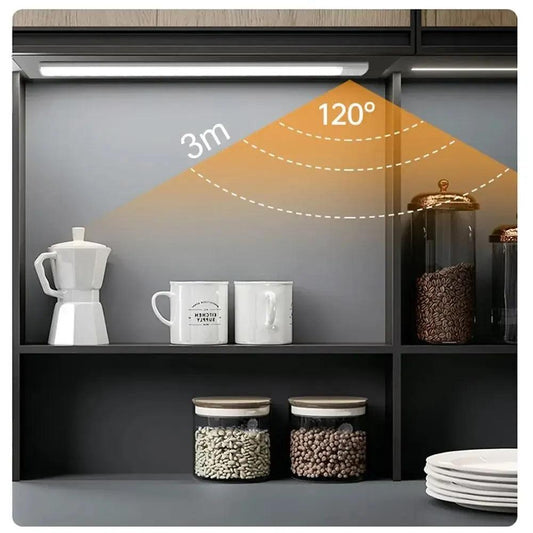

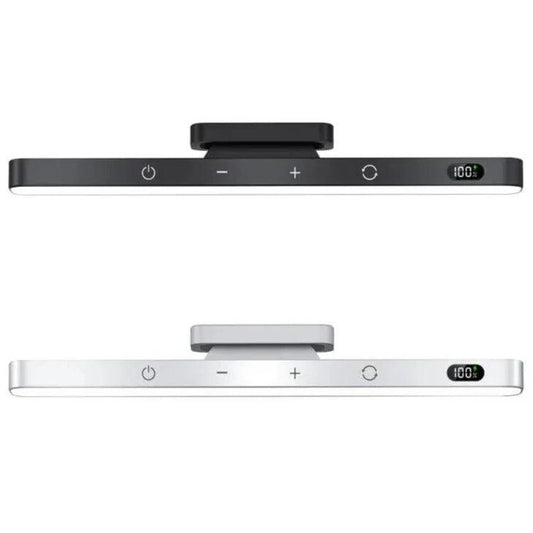

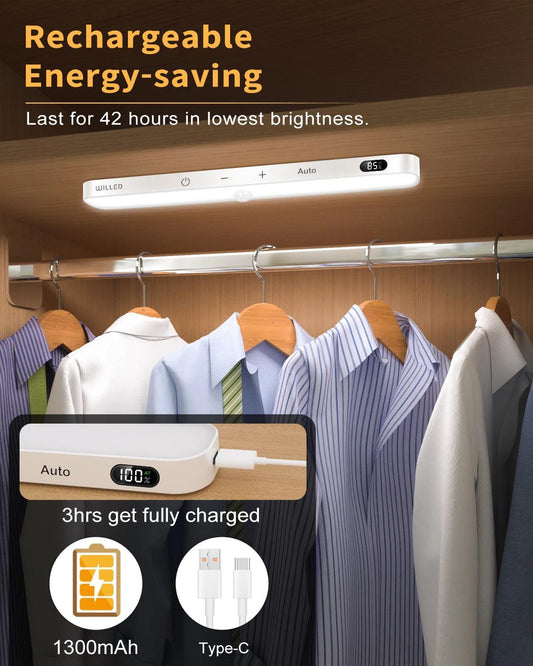

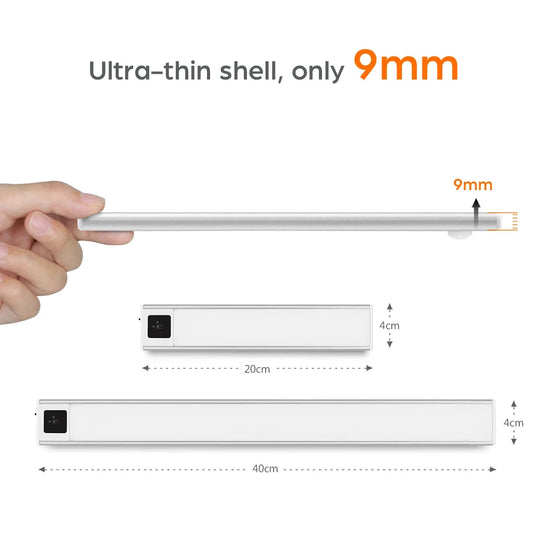

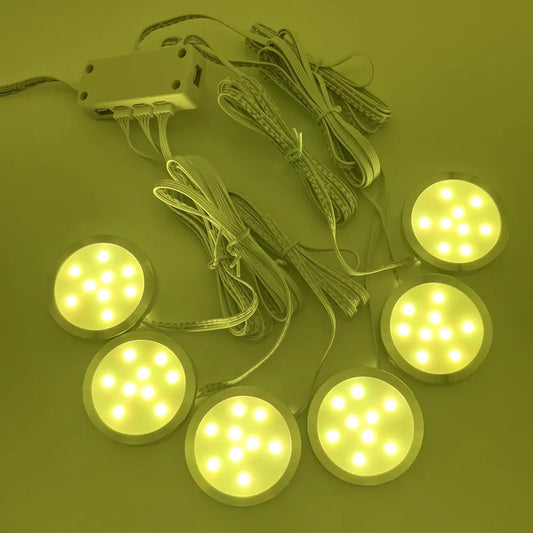

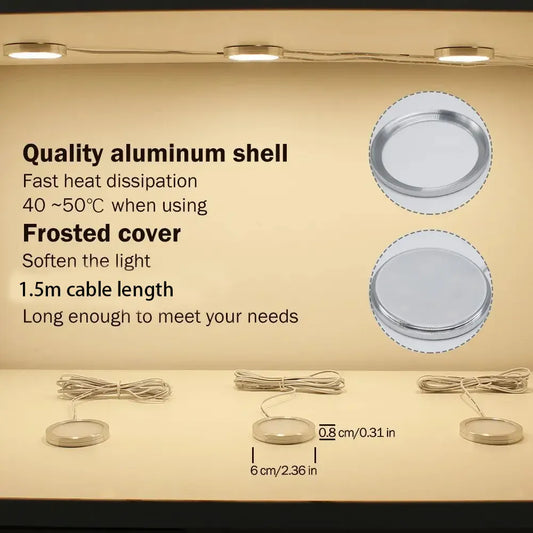

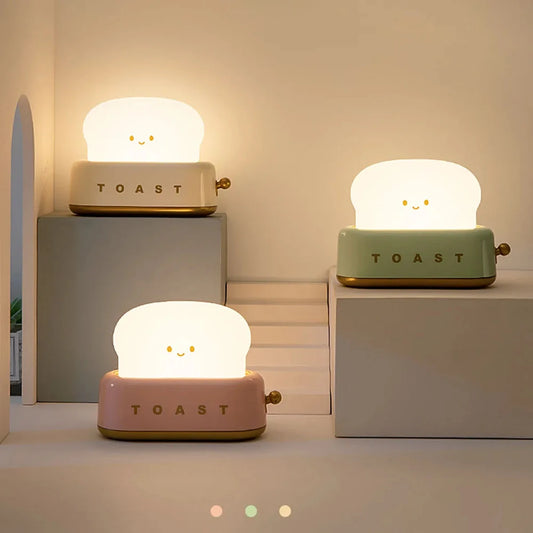

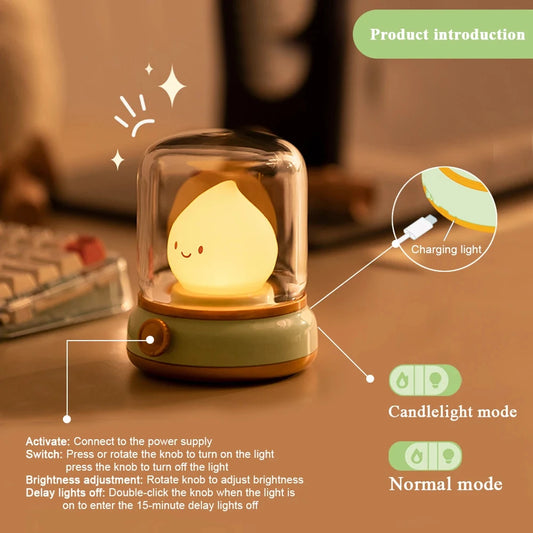

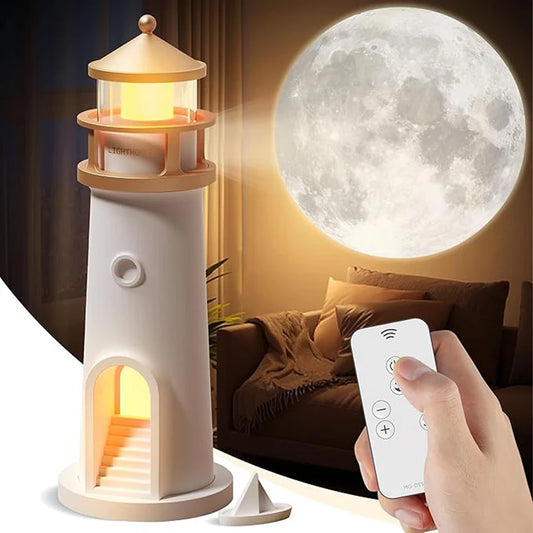

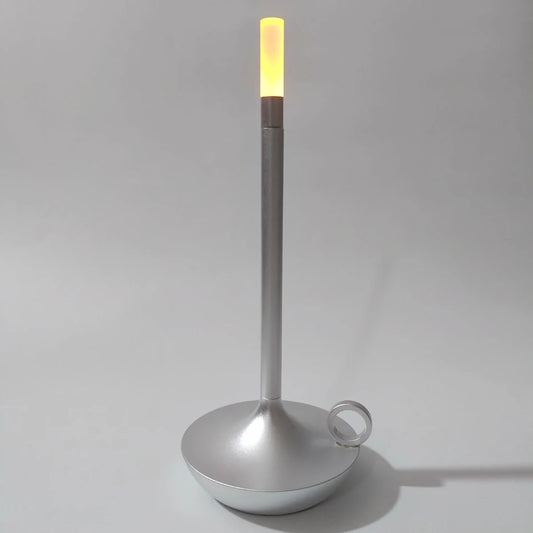

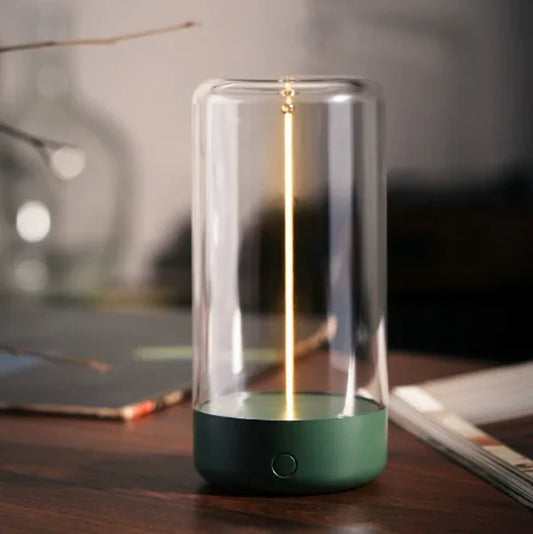

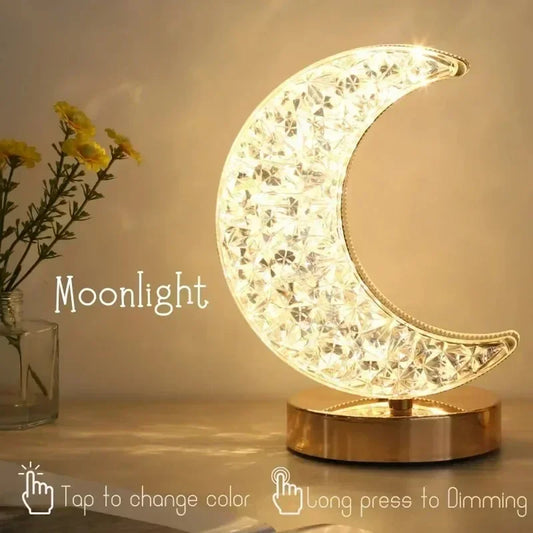



 />
/>
 />
/>
 />
/>
 />
/>
 />
/>